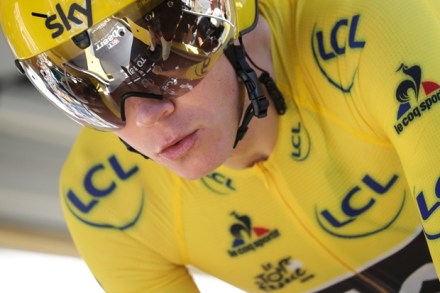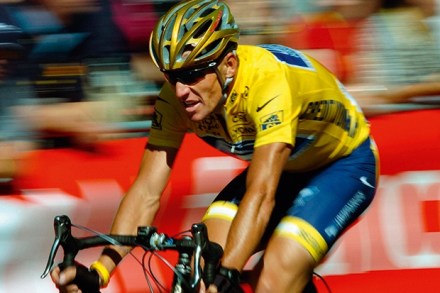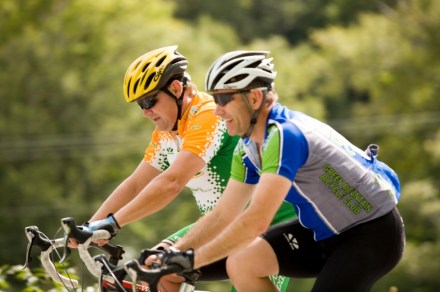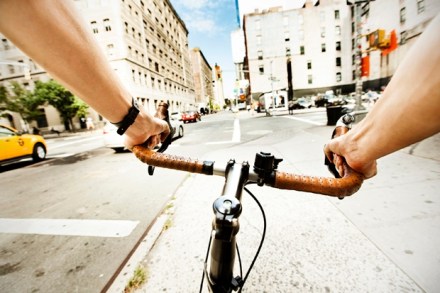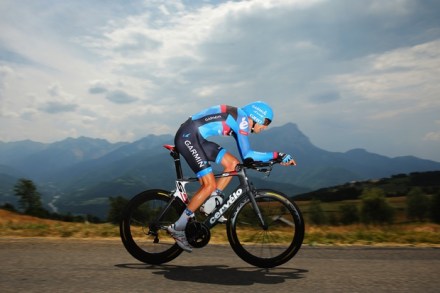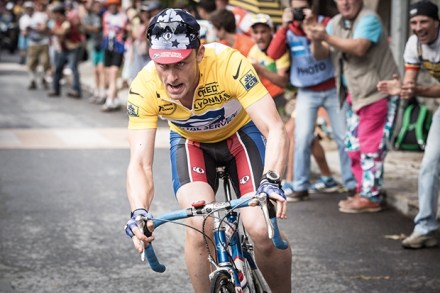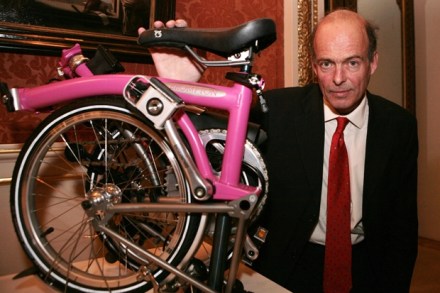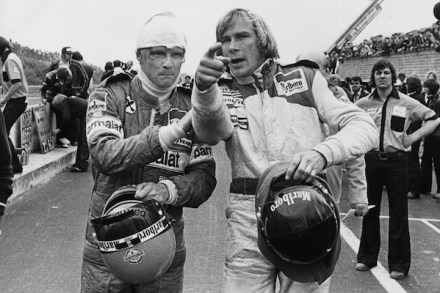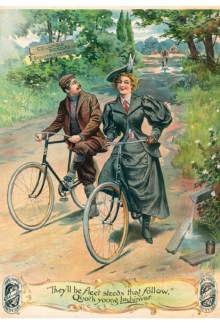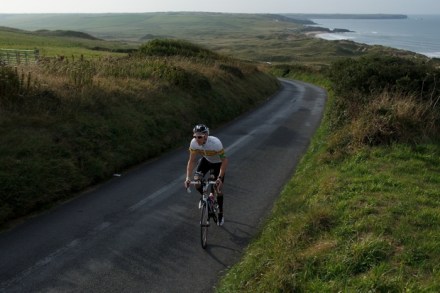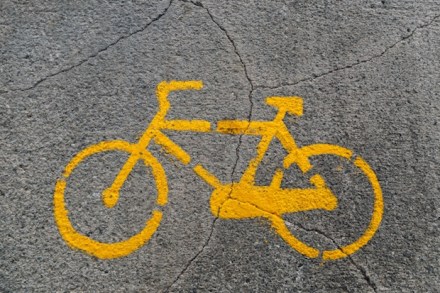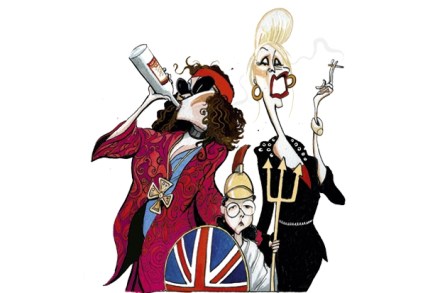Eddie Howe for England
The name of Jozef Venglos won’t mean much to most of us apart from a few Aston Villa completists with long memories, and possibly Prince William, though by all accounts the amiable Czech is a pretty stand-up guy. He was also the first foreigner to take charge of an English top-flight club. It wasn’t much of a success, and his year at Villa (1990-91) left them two places above the relegation zone. (Sound familiar?) Now of course you can’t move for foreign managers: on the style pages, the food pages, the news pages — and jabbing each other in the technical areas. It’s not a great time for English managers



